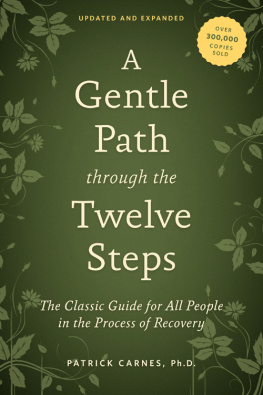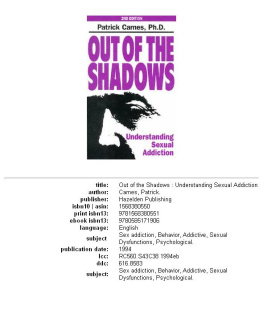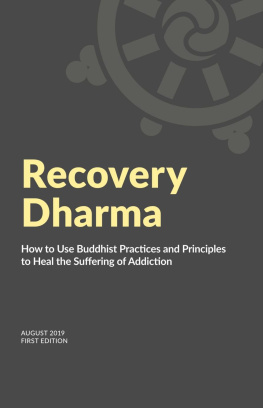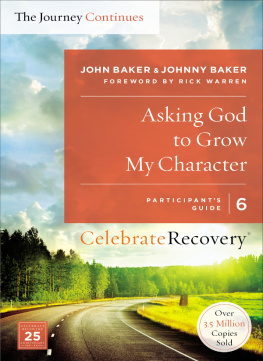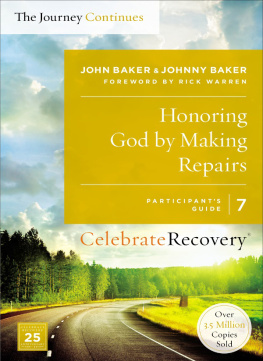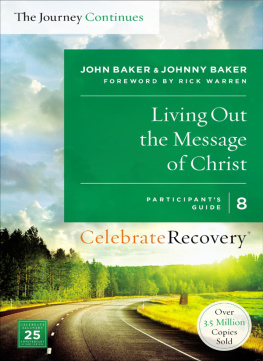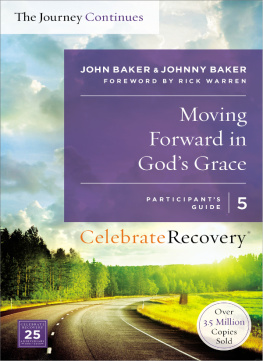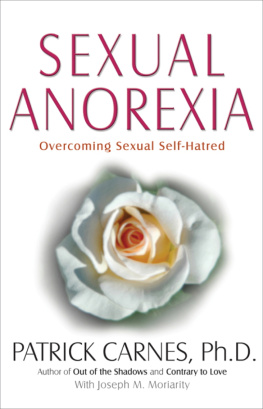Carnes - Dont call it love: recovery from sexual addiction
Here you can read online Carnes - Dont call it love: recovery from sexual addiction full text of the book (entire story) in english for free. Download pdf and epub, get meaning, cover and reviews about this ebook. City: New York [New York, year: 1992;2013, publisher: Random House Publishing Group;Bantam Books, genre: Home and family. Description of the work, (preface) as well as reviews are available. Best literature library LitArk.com created for fans of good reading and offers a wide selection of genres:
Romance novel
Science fiction
Adventure
Detective
Science
History
Home and family
Prose
Art
Politics
Computer
Non-fiction
Religion
Business
Children
Humor
Choose a favorite category and find really read worthwhile books. Enjoy immersion in the world of imagination, feel the emotions of the characters or learn something new for yourself, make an fascinating discovery.

- Book:Dont call it love: recovery from sexual addiction
- Author:
- Publisher:Random House Publishing Group;Bantam Books
- Genre:
- Year:1992;2013
- City:New York [New York
- Rating:5 / 5
- Favourites:Add to favourites
- Your mark:
- 100
- 1
- 2
- 3
- 4
- 5
Dont call it love: recovery from sexual addiction: summary, description and annotation
We offer to read an annotation, description, summary or preface (depends on what the author of the book "Dont call it love: recovery from sexual addiction" wrote himself). If you haven't found the necessary information about the book — write in the comments, we will try to find it.
Carnes: author's other books
Who wrote Dont call it love: recovery from sexual addiction? Find out the surname, the name of the author of the book and a list of all author's works by series.
Dont call it love: recovery from sexual addiction — read online for free the complete book (whole text) full work
Below is the text of the book, divided by pages. System saving the place of the last page read, allows you to conveniently read the book "Dont call it love: recovery from sexual addiction" online for free, without having to search again every time where you left off. Put a bookmark, and you can go to the page where you finished reading at any time.
Font size:
Interval:
Bookmark:
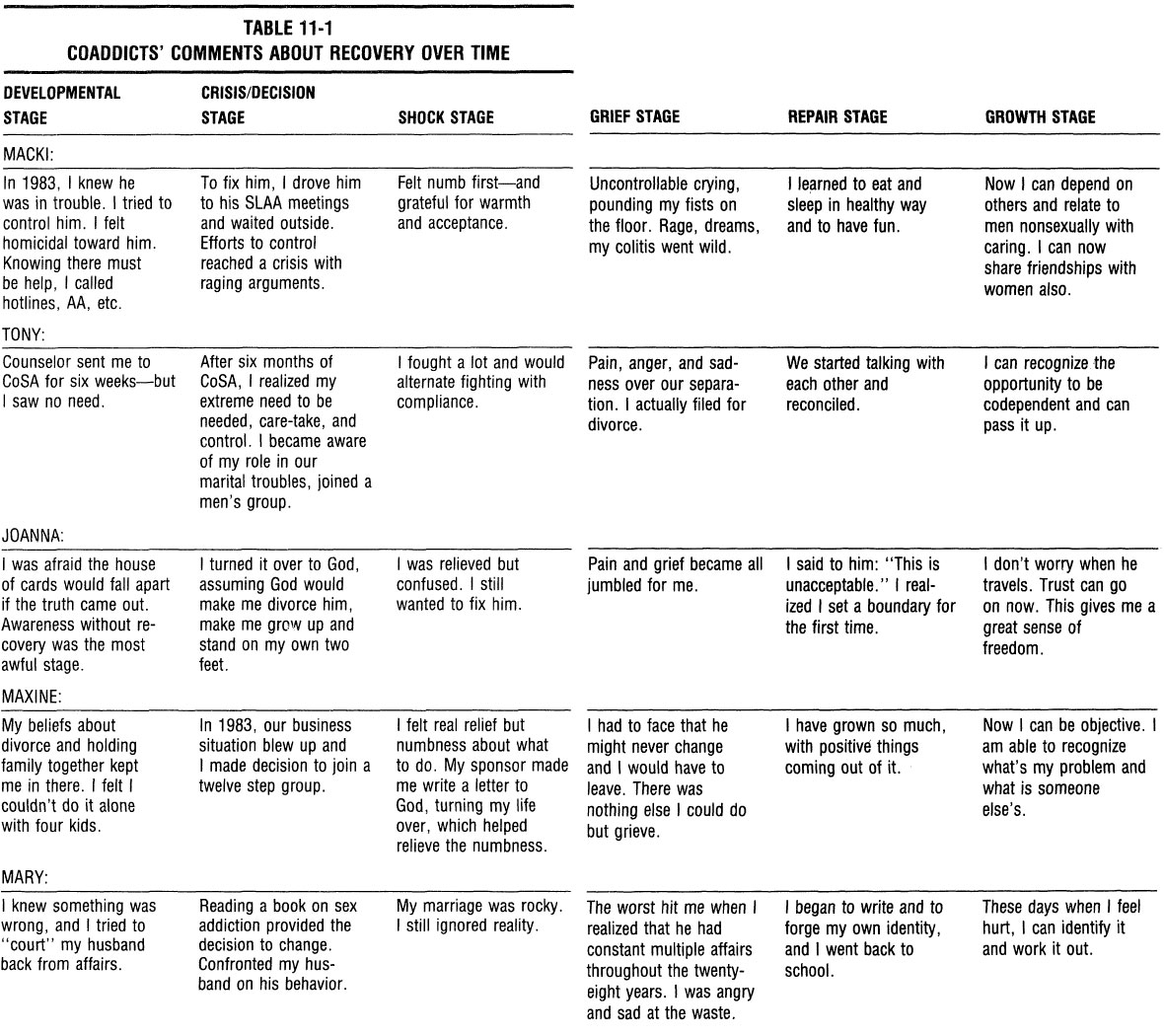
Click to return to text
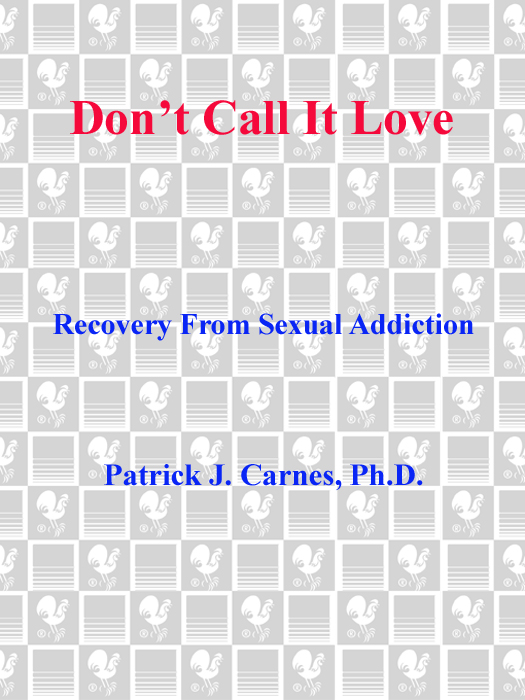
For information on Patrick J. Carness lecture
and workshop schedule, please send a stamped
self-addressed envelope to:
Patrick J. Carnes, Ph.D.
Program for Sexual Dependency and Sexual Trauma
Del Amo Hospital
23700 Camino Del Sol
Torrance, California 90505
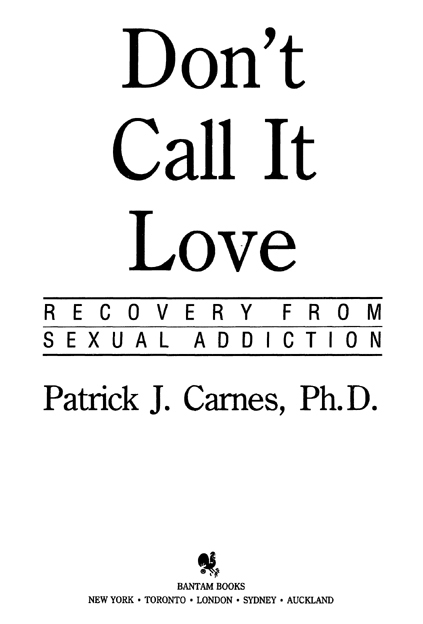
DONT CALL IT LOVE
A Bantam Book
PRINTING HISTORY
Bantam hardcover edition published March 1991
Bantam trade paperback edition I April 1992
Grateful acknowledgment is made for the permission to reprint the following:
Whoevers in New England (Kendal Franceschi. Quentin Powers) copyright 1985 WBM MUSIC CORP. (SESAC) & SILVER MUSIC, INC. (BMI) All Rights on behalf of SILVERLINE MUSIC, INC. Administered by WARNER-TAMARLANE PUBLISHING CORP. (BMI) All Rights Reserved. Used by Permission.
Excerpts from the article Hot for Teacher reprinted with permission from SASSY magazine. Copyright 1988 by Matilda Publications.
I Hate Myself for Loving You by Desmond Child and Joan Jett copyright 1988 EMI APRIL MUSIC INC./DESMOBILE MUSIC CO., INC./LAGUNATIC MUSIC Rights for DESMOBILE MUSIC CO., INC. Controlled and Administered by EMI APRIL MUSIC INC. All Rights Reserved. International Copyright Secured. Used by Permission.
Excerpts from THE BONFIRE OF THE VANITIES by Tom Wolfe. Copyright 1987 by Tom Wolfe. Reprinted by permission of Farrar, Straus and Giroux, Inc.
All rights reserved.
Copyright 1991 by Patrick J. Carnes, Ph.D.
Cover design copyright 1991 by One Plus One Studio.
Library of Congress Catalog Card Number: 90-1255.
No part of this book may be reproduced or transmitted in any form or by any means, electronic or mechanical, including photocopying, recording, or by any information storage and retrieval system, without permission in writing from the publisher.
For information address: Bantam Books.
eBook ISBN: 978-0-8041-5220-4
Bantam Books are published by Bantam Books, a division of Random House, Its trademark, consisting of the words Bantam Books and the portrayal of a rooster, is Registered in U.S. Patent and Trademark Office and in other countries. Marca Registrada. Bantam Books, 1540 Broadway, New York, New York 10036 .
v3.1
INTRODUCTION
Nearly one thousand sex addicts helped us write this book by sharing their stories with us in surveys and interviews. Although the details of their lives vary, their struggles are the same. Common to all is self-destructive sexual behavior that they are unable to stop. Family breakups, financial disaster, loss of jobs, and risk to life are familiar themes in their stories. Many are professionalsministers, physicians, therapists, politicians, executives; others come from more blue-collar backgrounds. Most were abused as childrensexually, physically, and/or emotionally. The majority grew up in families in which addiction already flourished, including alcoholism, compulsive eating, and compulsive gambling. Most grapple with other addictions as well, but they find sex addiction the most difficult to stop.
Yet, great hope exists in their stories. Sex addicts have shown an ability to transform despair and chaos into confidence and peace. During our research couples shared realistic ways to regain trust and to restore sexual vitality to their relationships. Participants in our survey showed dramatic improvements in almost all spheres of life, including finances, health, job, and family. When addicts gave us their best advice about what worked for them, most evident was the deep spiritual quest created as a result of overcoming addiction. Part of the antidote for the emptiness of addiction is finding meaning in suffering.
Sex addicts define recovery as the transformation from a life of self-destruction to a life of self-care. In order to further understand the recovery process, I directed a group of researchers to start a project to investigate systematically the nature of sex addiction and recovery. Starting in July 1986, a team of twelve people worked for over three years to make this project happen. Some were professionals in data analysis, some were clinicians. Some were recovering sex addicts without whose extraordinary networking efforts the data gathering would simply not have been possible. All worked long hours, some in addition to regular full-time professional commitments.
We started by developing two twenty-eight-page surveys: one for sex addicts, the other for their codependent partners. We piloted and refined them. We learned early in the testing that for most sex addicts and coaddicts, the actual process of completing the survey was extremely painful and time-consuming (four to eight hours). Most reported that while the process was useful, yielding important insights and information, it was also emotionally draining. This knowledge helped us prepare people for taking the surveys and prepared us for the tremendous amount of follow-through work needed to overcome their natural resistance.
Fifteen hundred copies of one survey were distributed to sex addicts, targeting those with three or more years of recovery. Five hundred copies of the other were distributed to coaddicts. We wanted people with sufficient recovery history to illuminate the problems encountered in the recovery process. We also believed that a longer recovery period would result in more accurate data. For example, repression of memories about childhood sexual abuse is very common in early recovery. Our hope was that by working with more experienced recovering people, key issues would be clearer and better defined.
Finding these people proved to be a tough assignment. While recovery groups have been active since the late seventies, the number of people who have had successful recoveries over a significant period of time is still small. In addition, because of the anonymous nature of those groups, locating the people and getting them to complete long, painful surveys required the use of an informal network of therapists and recovering addicts. The success of the project in many ways testifies to the extraordinary trust among members of that network and people in those groups.
No fellowship officially endorsed this survey; to do so would be against their traditions. We received generous support, however, from individual members of all four of the fellowships: Sex and Love Addicts Anonymous, Sex Addicts Anonymous, Sexaholics Anonymous, and Sexual Compulsives Anonymous.
Twenty percent of the surveys were returned, for a net count of 289 addicts and 99 coaddicts, some with recovery records of ten to twelve years. We believe that some who received the survey were too early in their recovery to be able to respond or found the task too painful. Those who did complete the survey were incredibly generous. It was not unusual to find page upon page of added detail stuffed into the forms. To further our effort we asked over six hundred additional sex addicts to complete a portion of the survey as part of their admission to the sexual dependency unit at Golden Valley Health Center. While not adding much in terms of extended recovery history, they greatly deepened our ability to comment about sexually addictive behavior in general. Throughout the book, unless otherwise specified, the data reported is from the initial group of 289 addicts. In the appendix, we include a table listing the baseline behaviors of 932 addicts to show that the differences between the group with advanced recovery and those entering recovery are minimal. The survey group tended to be white, educated, and professionalnot surprising given that the early members of AA came from similar backgrounds. Also, 19 percent of survey participants were women; this figure is paralleled in alcoholism recovery to this day.
Font size:
Interval:
Bookmark:
Similar books «Dont call it love: recovery from sexual addiction»
Look at similar books to Dont call it love: recovery from sexual addiction. We have selected literature similar in name and meaning in the hope of providing readers with more options to find new, interesting, not yet read works.
Discussion, reviews of the book Dont call it love: recovery from sexual addiction and just readers' own opinions. Leave your comments, write what you think about the work, its meaning or the main characters. Specify what exactly you liked and what you didn't like, and why you think so.

